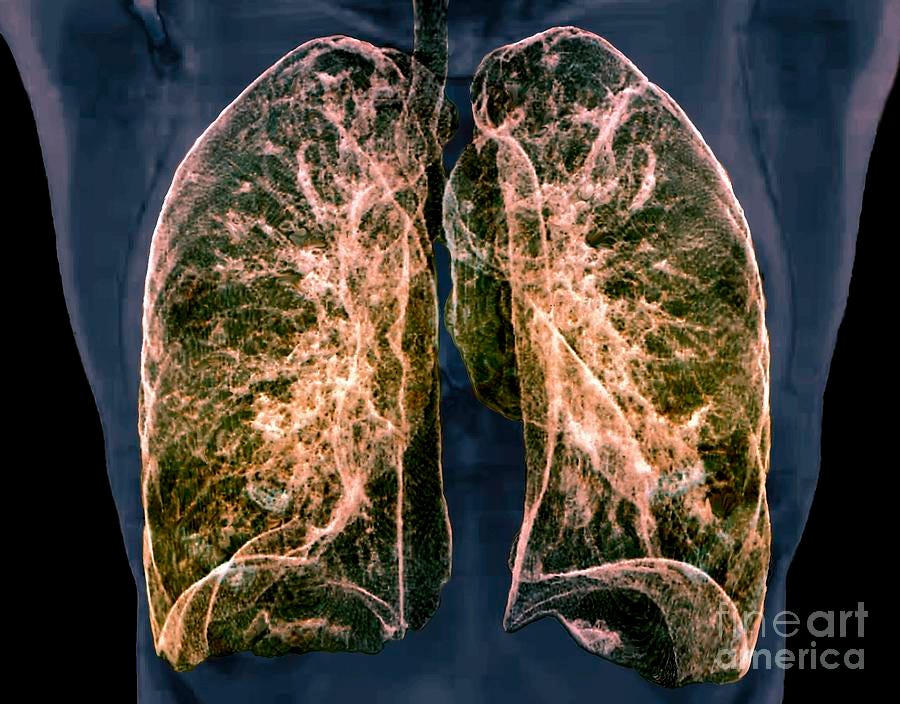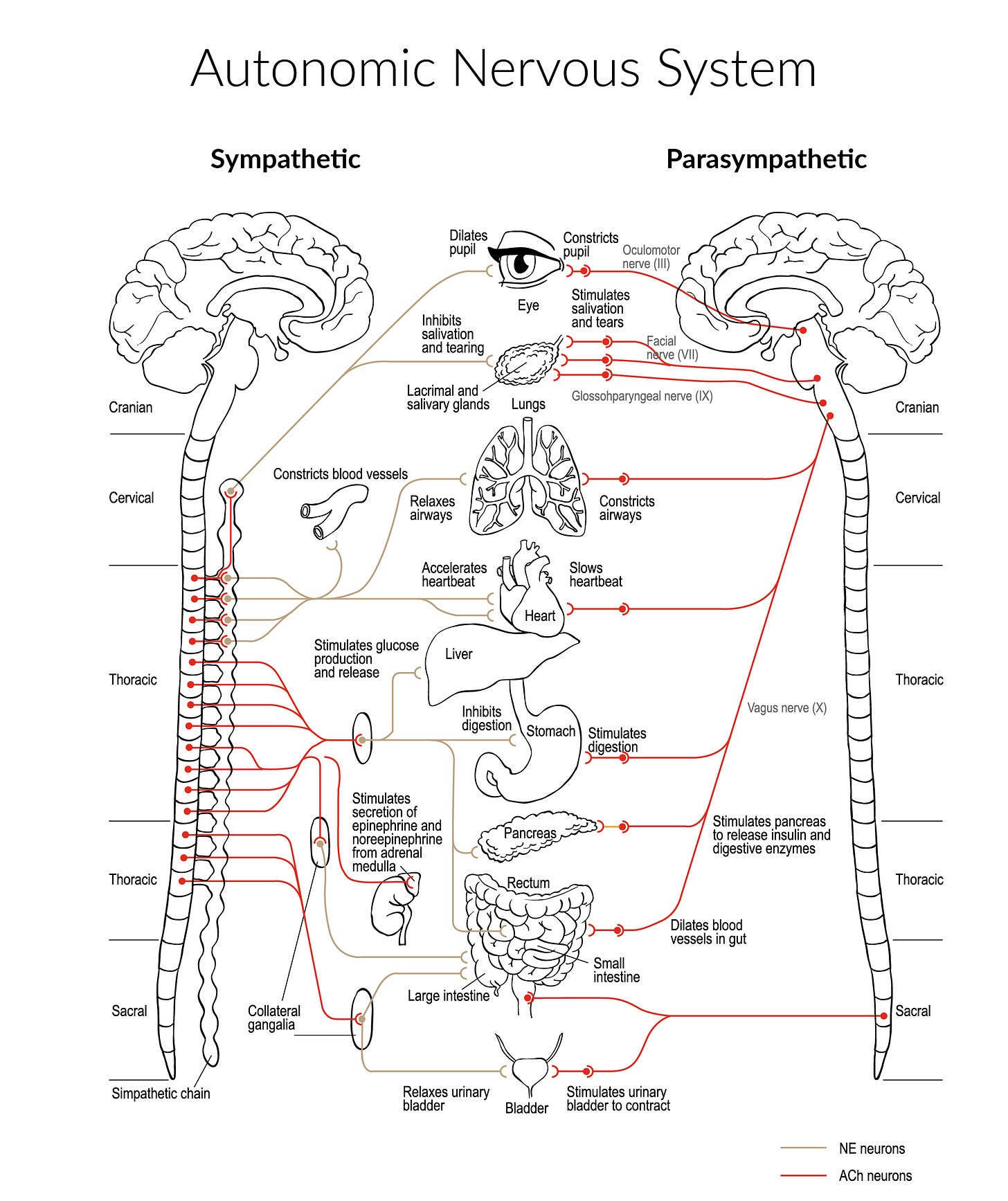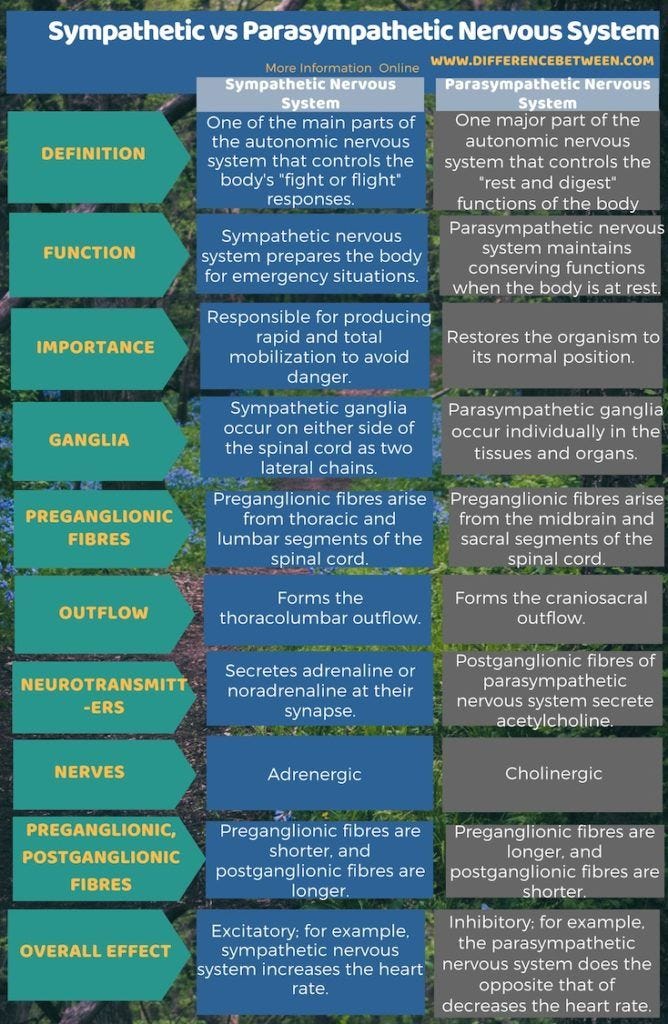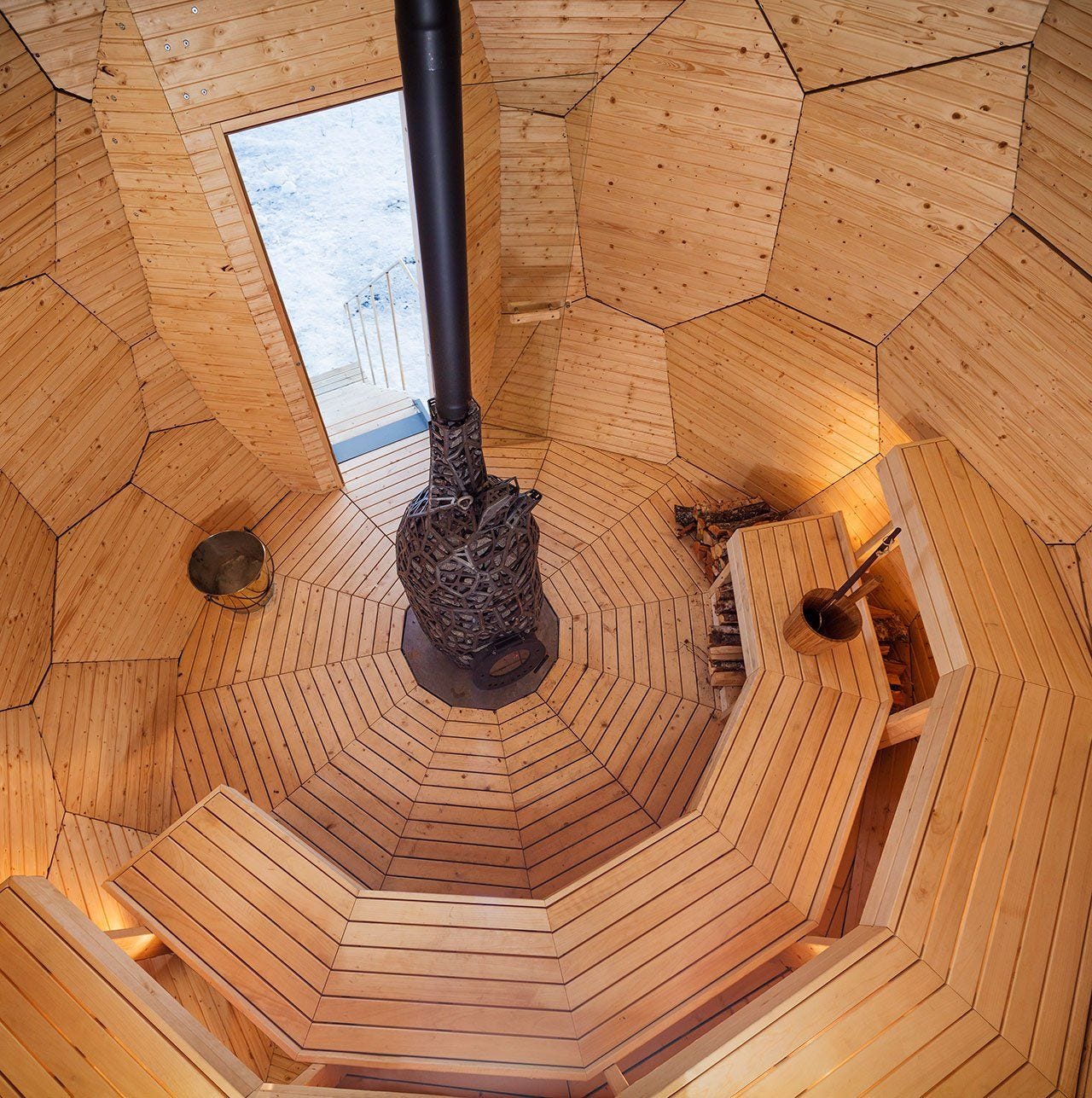Many people are not even aware that they are breathing in a toxic way!
Are you breathing correctly and consciously?
Did you know that breathing in the wrong way can intoxicated the physical body?
https://images.fineartamerica.com/images-medium-large-5/8-healthy-lungs-3d-ct-scan-zephyr.jpg
That we are not only breathing into our longs but also into our entire digestive system?
When we bring our attention to it.
Many are not aware of this and so by breathing wrong often we tend to keep ourselves in a state of stress even without realizing it!
Take a moment to consider this: every breath you take not only sustains life but also wields the power to shape your well-being.
Yet, how often do we truly pay attention to our breath?
In the rhythm of our hectic lives, the art of conscious breathing often takes a back seat. Let's embark on a journey to unravel the profound impact of our breath on the autonomic nervous system, and discover the key to unlocking a calmer, more balanced life.
https://1.bp.blogspot.com/-FpAYOz_EKXQ/X8CW0JP9LuI/AAAAAAAAbes/2_duzgLTtGkEjRqHSlTOdvE0Hr-bMnHlwCLcBGAsYHQ/s595/20141220_TAP001_0.jpg
Breathe was the first step for me to awaken and gain clarity. I used to have a very intense experience living in my head until I discovered mindfulness and noticed how breathe create more awareness.
This was a motivation to explore more and see how I could learn more for myself and eventually become more comfortable in my body.
Are you aware of how you’re breathing?
Do you breathe only through your nose?
Or do you breathe only through your mouth?
In what state do you find yourself most often?
Constant stress or too often too relaxed?
Please respond in the comment section to engage directly and share with the other readers, or send me an email for the subscribers!
Of course this will also help to share this post with an wider audience. Feel free to share this blog also with friends and family that you think of who can benefit from this information!
Even if you have question or desire a more private approach to share your personal story, don’t hesitate. I’m happy to hold space and listen.
I’m curious to hear about your experiences.
https://assets.firstbeat.com/firstbeat/uploads/2019/02/Image-Autonomic-Nervous-System.jpg
Today I want to bring some attention to an efficient way of influencing your autonomic nervous system, simply through consciously breathing.
In society today we are almost running automatically through our days, with overloaded schedules and a vibe of constant rushing.
The breathe helps us to channel our energy, regulate our heart rate and brings oxygen around in our body through the blood circulation.
When you inhale actively and quickly, for example like hyperventilating. You’ll trigger a stress response or fight and flight modus. Which we all know is common when we are getting into a state of stress.
Stress doesn’t mean that it has to be bad. It can help to sharpen our senses and bring ourselves into an alert state for specific tasks. Our survival mechanism. Which is called in scientific terms the sympathetic nervous system.
Now in our modern time many people experience this state too often and for too much time without managing to get to a balanced state and find relaxation. Which was useful in the past for our survival, and it can still be when we want to perform or motivate a certain level of alertness. So this is a lack in spending time in a the state of the parasympathetic nervous system.
Coming again to the idea of balance, to much in one side means disbalance!
This is not even taught to us, so most people are not aware of the capabilities of breathing correctly and understanding how we can regulate our own body through this natural process.
https://i.etsystatic.com/15771687/r/il/e075a9/1266912214/il_fullxfull.1266912214_gp7a.jpg
Nobody can live without breathing! So would you agree that this topic deserves more attention and can possibly shift the perspective of health for each human being through more awareness?
Nowadays, we are not breathing consciously. So we are not in control of this regulation. And yes there are many different techniques when it comes to practicing breathing exercises but it doesn’t have to be complicated when you want to begin to breathe more consciously.
Often I find that clients are not aware of breathing deep into their belly. So our breathing becomes shallow and we’re unconsciously keeping ourselves into a state of constant stress. Which overloads the autonomic nervous system. But it is really easy to regulate!
By simply breathing in through the nose for a certain time and exhaling through the mouth longer than our inhalation. To keep it simple, inhale actively and exhale with assistance of gravity.
Inhalation first extends the belly followed by the lungs and exhaling decreases the volume of the belly and then the lungs. As long as your inhalation is shorter in duration than your exhalation you're triggering the parasympathetic nervous system. Which brings you into a state of relaxation.
Sympathetic and parasympathetic, mind sound like Chinese for some. And I totally get it! Let me take you through some very short points to clarify the meaning and the differences from a brief scientific perspective.
https://i.pinimg.com/originals/7e/08/a4/7e08a44754bbd5aedfdbcffcf1b07e48.jpg
So what is the difference between the sympathetic and parasympathetic?
The sympathetic and parasympathetic nervous systems are two branches of the autonomic nervous system, which is responsible for regulating involuntary bodily functions. Here's a brief clarification on the differences between them:
Sympathetic Nervous System (SNS):
Function: The sympathetic nervous system is often referred to as the "fight or flight" system. It prepares the body for stressful situations by increasing alertness and metabolic activity.
Responses: Activation of the SNS leads to increased heart rate, dilation of the pupils, inhibition of digestion, and the release of adrenaline. These responses are designed to mobilize the body's resources for quick and vigorous action in response to a perceived threat.
Parasympathetic Nervous System (PNS):
Function: The parasympathetic nervous system is often called the "rest and digest" system. Its primary function is to promote relaxation, recovery, and conservation of energy.
Responses: Activation of the PNS leads to a decrease in heart rate, constriction of the pupils, stimulation of digestion, and an overall calming effect on the body. The parasympathetic system helps the body return to a state of equilibrium after a stressor has passed.
In summary, while the sympathetic nervous system prepares the body for action and responds to stress, the parasympathetic nervous system promotes relaxation and recovery. Together, these two systems maintain a balance in the autonomic nervous system to ensure appropriate responses to various situations and maintain overall physiological harmony.
https://i.pinimg.com/originals/52/9d/62/529d6297eb6d96292f36826dd6651dd6.jpg
One thing I like to play with is while spending time in a sauna, I would exercise my breathing skills to focus on lowering my heart rhythm. Breathing in slowly and exhaling slowly until I get to the point of simply observing my breath and not even interacting with it actively. But just trust allow it to work it’s natural way without controlling my breath. This is a huge challenge! Give it a try to find out for yourself when you find yourself in a very hot environment.
And so without too much focus on techniques, amounts of counting and visualization this can help you to make huge shifts for your nervous system and help you to shift in minutes from one mind state to another. Doing this on a regular basis will assist your nervous system to release the pressure when you find yourself in a state of intense stress.
Give it a try and let me know what you experience!
How did you feel?
How long did it take for you to come into a more relaxing state?
Do you feel more clear and grounded now?
Would you do it more often in a conscious way now that you know how easy it is to shift the state of your autonomic nervous system?
Would you do it more often now that you know about this?









Thank you for this article. Something I became aware of very early in my healing journey is how I would inhale and hold it for extended periods. Unpacking why I did that was quite an inner exploration.
I also find the circumstances surrounding our first breath and how that imprints the nervous system quite interesting. In modern maternity pratices, the umbilical cord is typically cut prematurely forcing breath before we're ready. It's a fun rabbit hole to explore :)